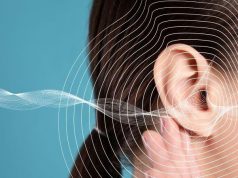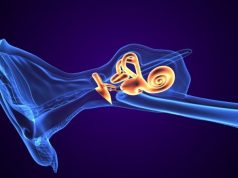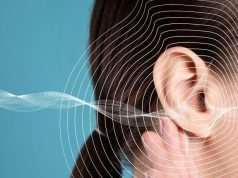Decreased vertigo severity, reduced comorbidity burden, absence of hearing loss linked to conservative treatment response
By Elana Gotkine HealthDay Reporter
WEDNESDAY, Oct. 4, 2023 (HealthDay News) — A clinical severity staging system has been developed that can identify treatment response for patients with Meniere disease, according to a study published online Aug. 25 in Otolaryngology-Head & Neck Surgery.
Brevin J. Miller, from the Washington University School of Medicine in St. Louis, and colleagues conducted a retrospective cohort study involving adult patients newly diagnosed with Meniere disease between Jan. 1, 2016, and Dec. 31, 2019, at a tertiary academic medical center to identify clinically important factors associated with conservative treatment response.
The researchers found that 63 and 37 percent of the 78 patients included in the study were responsive and not responsive to conservative therapies, respectively. Compared with unresponsive patients, responsive patients had higher proportions of no or mild vertigo and none or mild comorbidity and a lower proportion of hearing loss. A three-stage system was developed by performing conjunctive consolidation of these factors, with a treatment response gradient varying from 100 to 64 to 18 percent for stages 1, 2, and 3, respectively.
“This study identifies less severe vertigo, absence of hearing loss, and low comorbidity burden as clinically meaningful and readily available factors associated with conservative treatment response in patients with Meniere disease,” the authors write. “The development of a composite clinical severity staging system using these factors provides novel insight regarding therapeutic response.”
One author is a consultant for Cochlear Ltd.
Copyright © 2023 HealthDay. All rights reserved.








